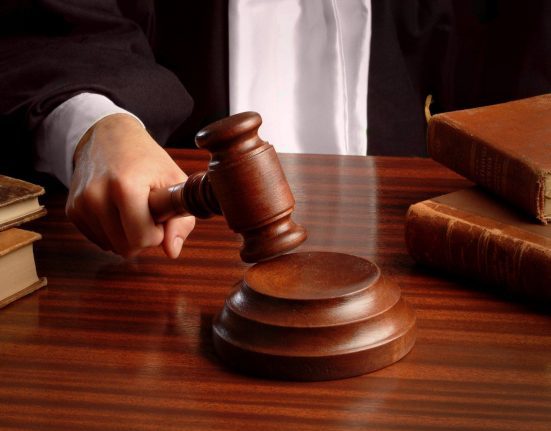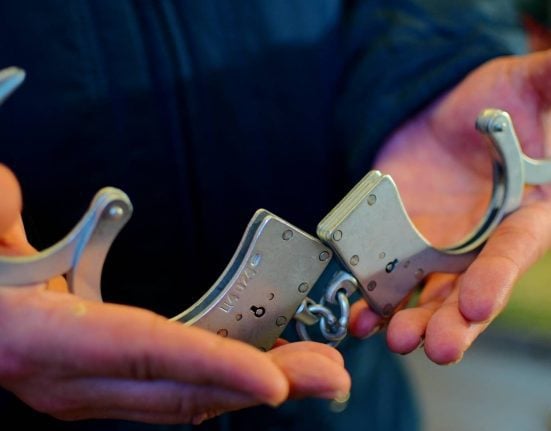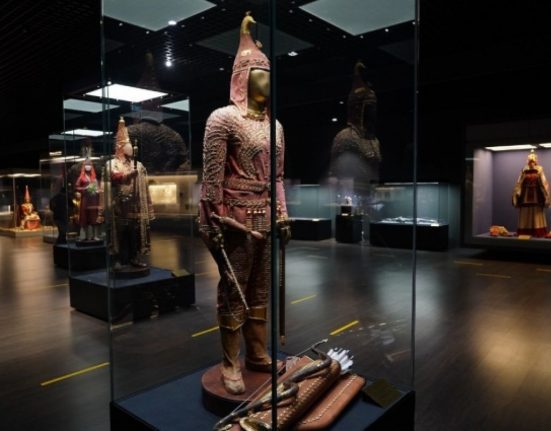The new digital project “E-Anti-Corruption” is designed to identify and assess corruption risks in the activities of hokimiyats, ministries and departments, as well as enterprises with a state share of more than 50%. Risk data will replenish the database of the interdepartmental platform E-Anticor.uz. The decree of President Mirziyoyev dedicated to this is dated May 11.
The E-Anti-Corruption project will start operating on September 1. The internal anti-corruption control units of government agencies will calculate the degree of bribery and theft on a scale from low to high based on the risk assessment methodology. The scale is to be approved by the Anti-Corruption Agency and the Ministry of Justice.
The adopted document fixes the publication of an open electronic register of relations subject to corruption, and the Agency will maintain it. It should be noted that the requirements for the content of the register are not established by the decree.
“The instructions from Soviet times were again used: in the work with personnel, it was instructed to reduce bureaucratic barriers, the human factor and corruption risks, etc.,” the ACCA expert noted.
Earlier, from January 1, 2020, it was planned to begin a phased introduction of a system for declaring property, income and expenses of certain categories of civil servants in Uzbekistan. The Ministry of Employment and Labor Relations presented a draft presidential decree on this for discussion. Subsequently, this deadline was postponed to January 1, 2022, without clear reason.
A state program has already been implemented in the country, within the framework of which new mechanisms for combating corruption have been planned. In July 2021, President Mirziyoyev signed a decree “On measures to create an environment for an uncompromising attitude towards corruption, to sharply reduce corruption factors in state and public administration and expand public participation in this direction”. The wording in the title of the document formally shows the determination of the authorities to fight bribery and theft in the country.
Created in 2020, the Anti-Corruption Agency reports directly to the President of the country, providing reports to Parliament too. Neither the decree establishing the Agency nor the text of the state program mentions independence in investigating corruption. The program mentioned the creation of numerous interdepartmental commissions along the entire vertical of power with the participation of people’s representatives of all levels. The list includes corrupt representatives of the deputy corps, fiscal and law enforcement agencies. The Agency is still unable to set up a platform for informing about corrupt officials; the website of E-Anticor is in non-working mode.






